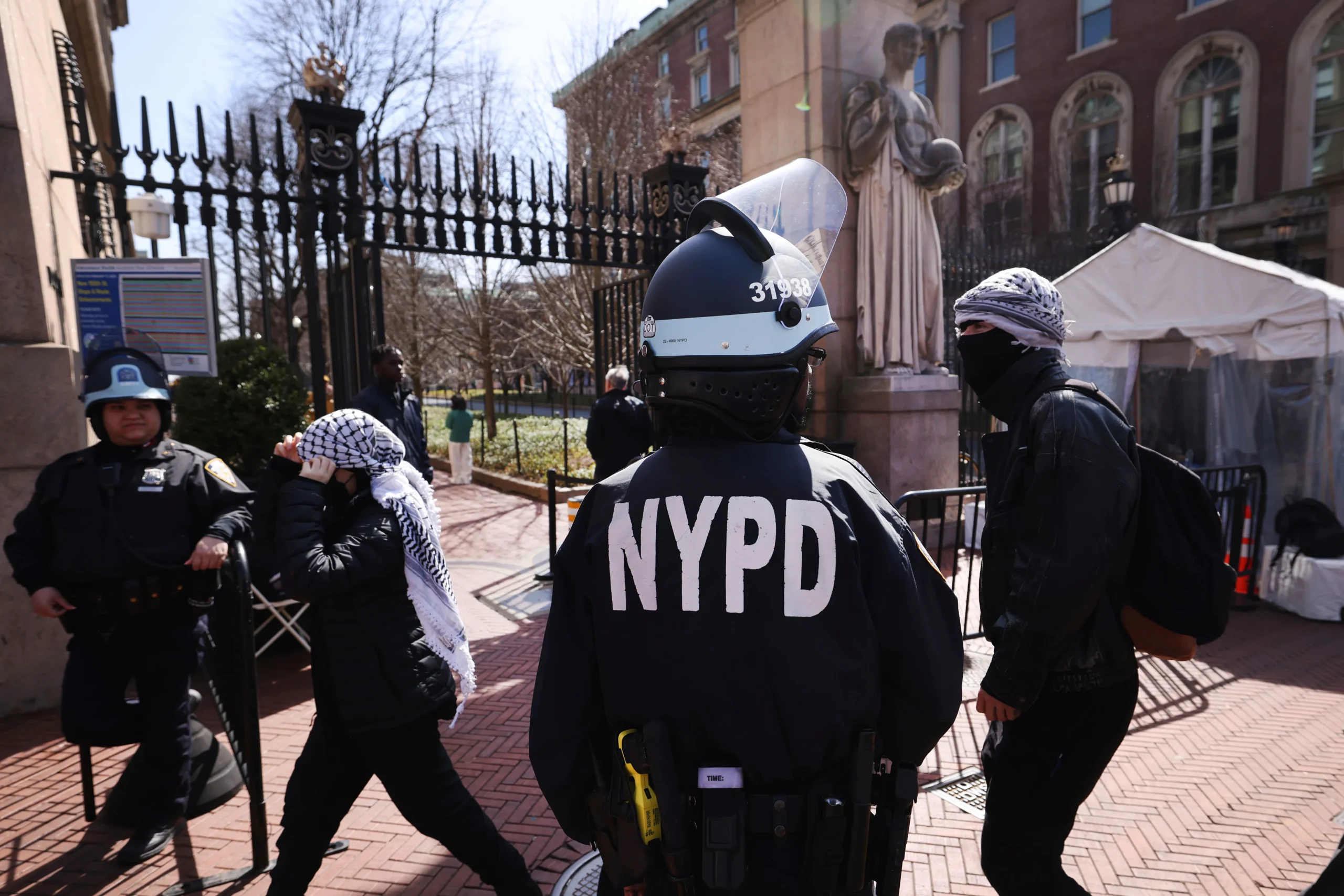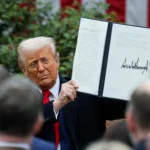
The precarity facing international students in the United States has reached unprecedented levels under Trump’s second administration.
As an international student arriving in America in 2003 during the “war on terror,” I experienced firsthand how someone who “looked like me” faced persistent outsider status amid campus jingoism, airport security checks, and widespread racism. However, today’s environment has become dramatically more hostile.
Trump’s targeting of international students for pro-Palestine activism has materialized exactly as he promised during his campaign. He pledged to revoke visas of “radical, anti-American and anti-Semitic foreigners” participating in campus protests, a promise he’s actively implementing since returning to office.
Several high-profile cases illustrate this crackdown. Columbia graduate Mahmoud Khalil, a green card holder who participated in campus protests, was detained by ICE in March and has been held in Louisiana for over a month. Turkish PhD student Rumeysa Ozturk was similarly abducted for co-authoring an op-ed calling for university divestment from Israel. Georgetown scholar Badar Khan Suri faces deportation merely for being related to a former Hamas adviser who left the position a decade ago. Cornell PhD candidate Momodou Taal went into hiding before ultimately leaving the country.
These cases represent just a fraction of affected students. Over 600 international students across 100+ universities have reportedly had visas revoked for pro-Palestine activism or social media posts. The Department of Homeland Security now screens non-citizens’ social media and denies visas to those deemed involved in “anti-Semitic activities.”
America’s leading universities have largely capitulated to administration demands to protect federal funding. Columbia quickly overhauled protest policies when threatened with $400 million in withheld funds, despite its $15 billion endowment. The university also placed its Middle Eastern, South Asian and African Studies Department under receivership as demanded.
Harvard similarly dismissed leadership at its Center for Middle Eastern Studies, citing “lack of balance” in programming on Palestine, and cut ties with Palestinian Birzeit University.
These university responses demonstrate how these institutions now prioritize business interests over educational independence. When forced to choose between federal funding and protecting international students’ rights, universities abandoned the students.
The administration’s simultaneous attack on DEI initiatives has further eroded campus inclusivity, particularly for students from the Global South.
International students now face the constant threat of detention and deportation for political expression or even family connections. With no legal recourse in sight, prospective students must seriously question whether American higher education is worth such severe risks.












Be the first to leave a comment